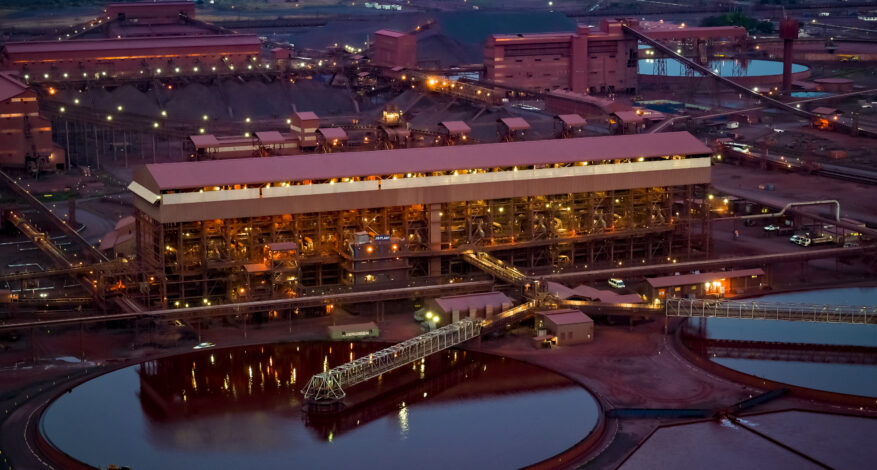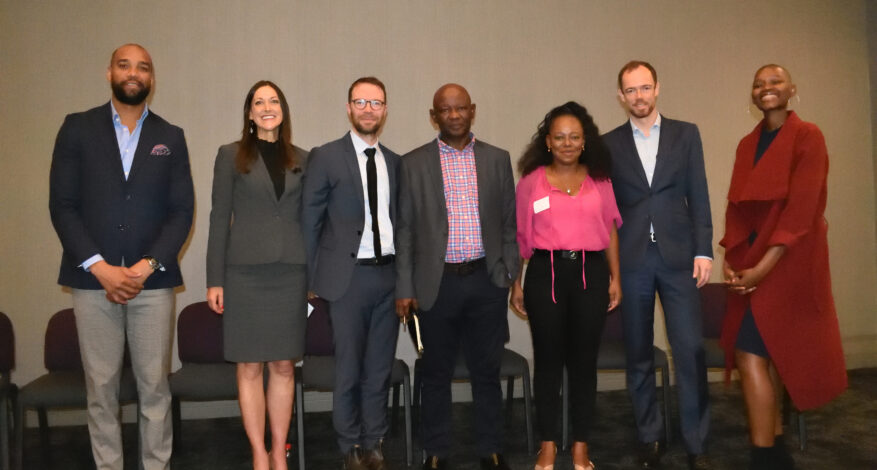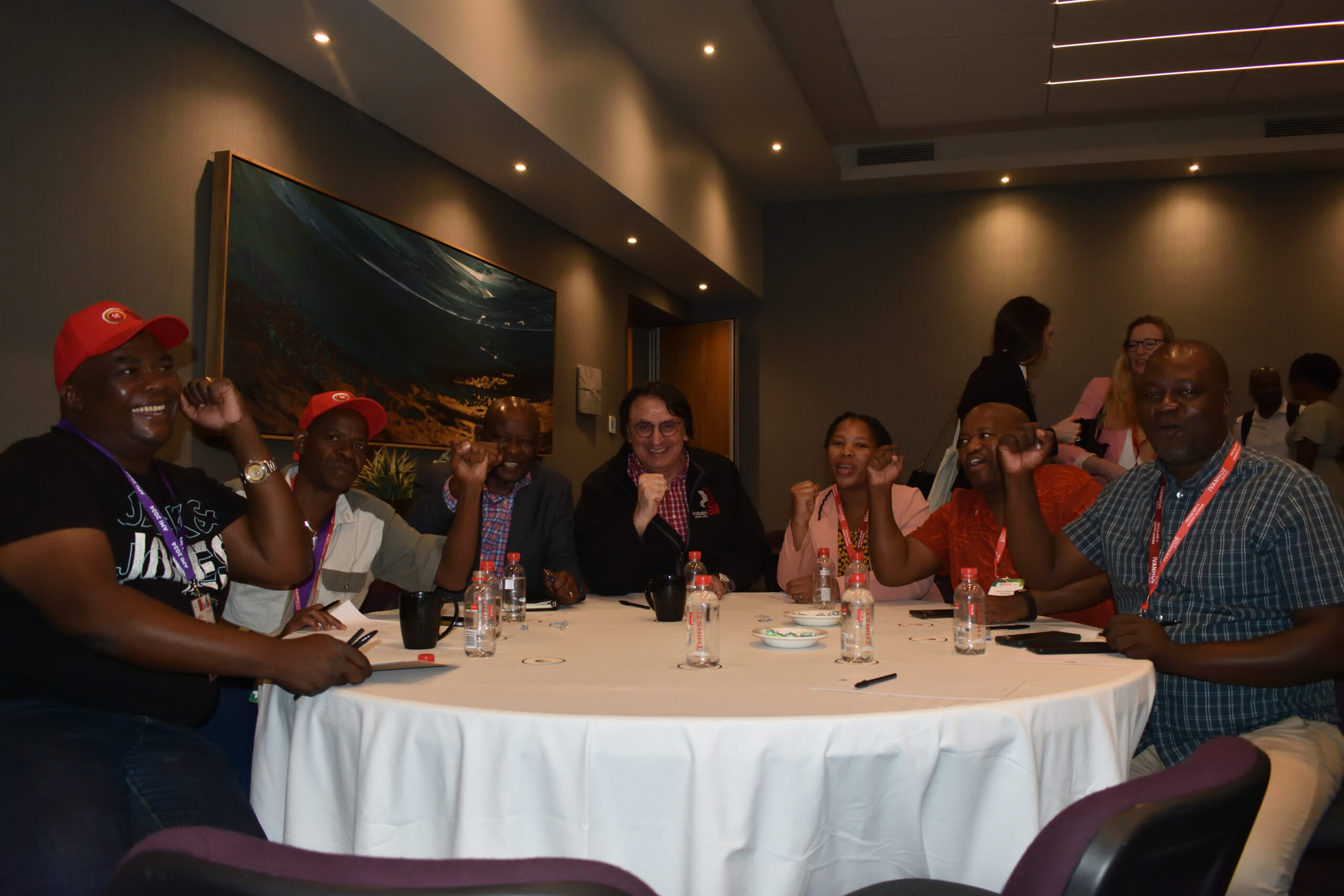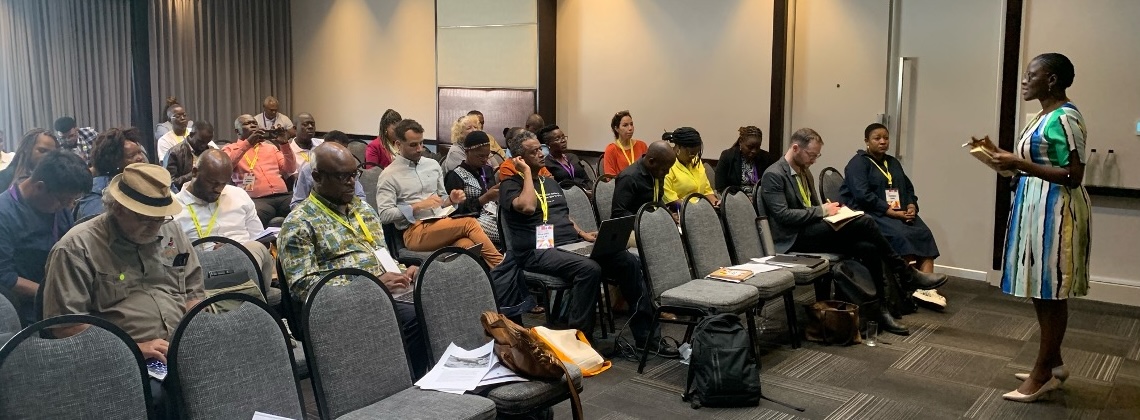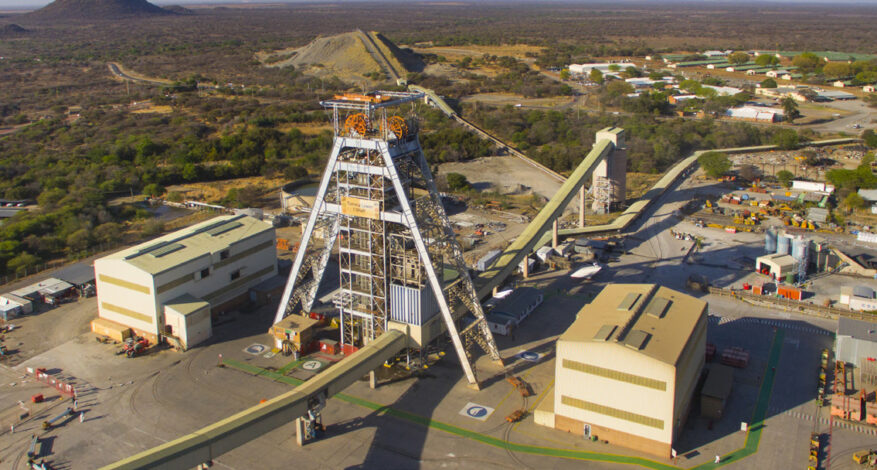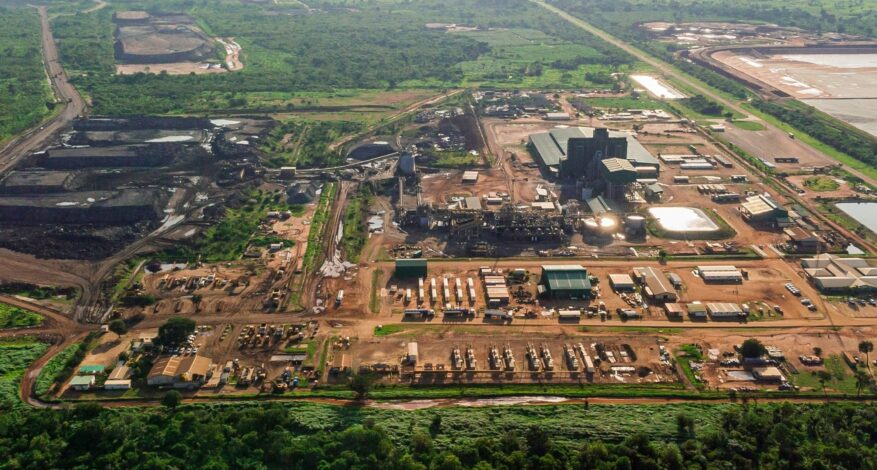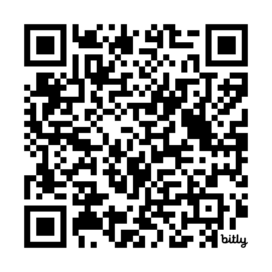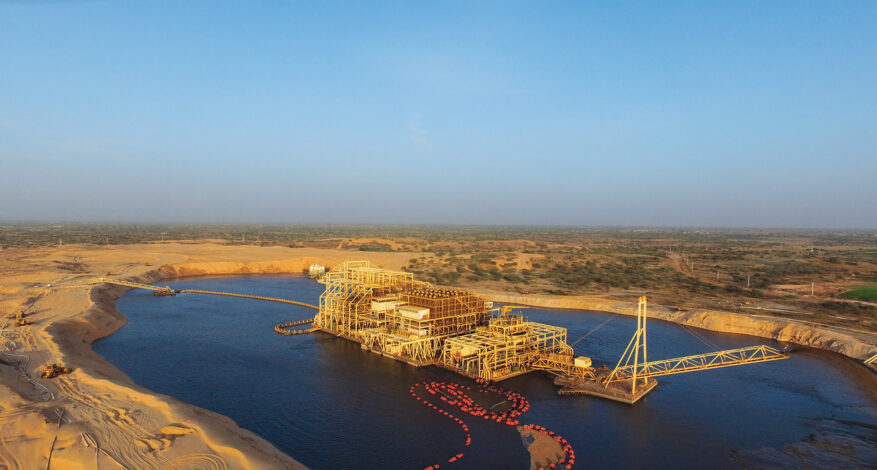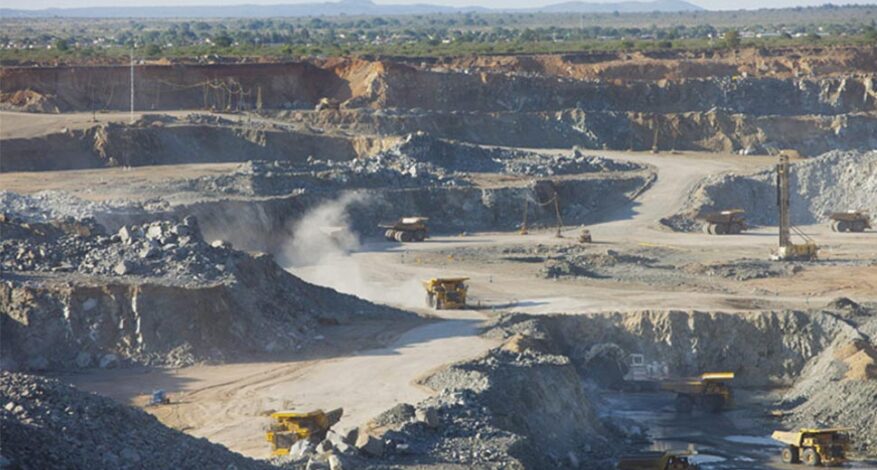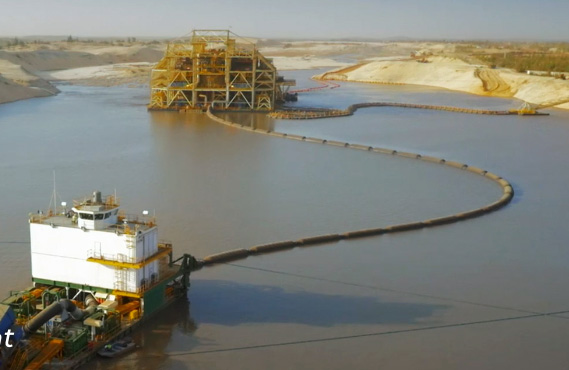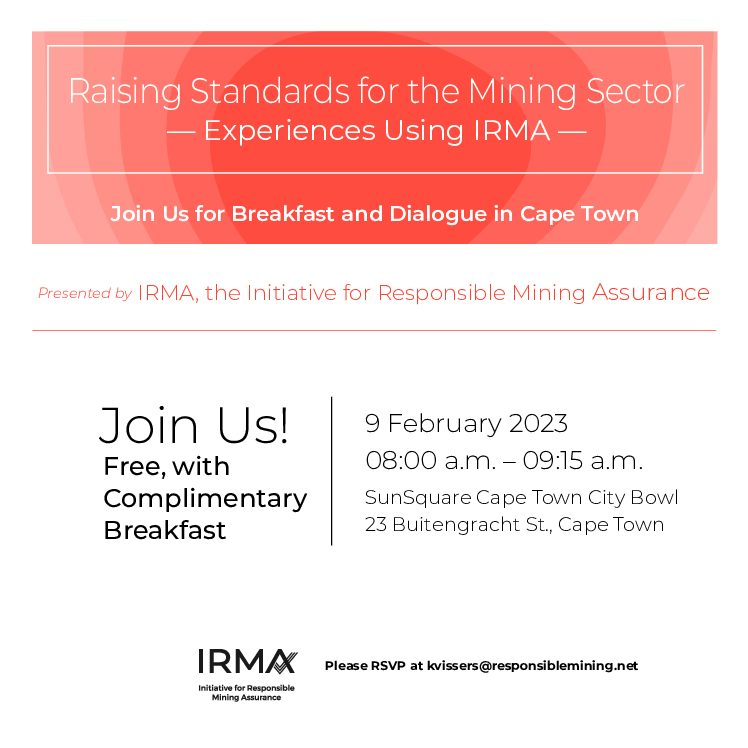Audits released for first African iron ore mines
Two Anglo American mines are first African iron ore operations audited against the IRMA Standard for Responsible Mining
Kolomela and Sishen achieve IRMA 75
UPDATED 5 April with recording of 4 April webinar
27 March 2024 – Today the Initiative for Responsible Mining (IRMA) released the audits of Kumba Iron Ore’s Kolomela and Sishen iron ore operations against the IRMA Standard for Responsible Mining. Independent audit firm ERM-CVS assessed both operations at IRMA 75 when measuring their performance against the Standard’s best practice social and environmental criteria. Kumba Iron Ore is an Anglo American subsidiary.
The IRMA 75 achievement level means that ERM-CVS verified that the operations at least substantially met all 40 critical requirements of the IRMA Standard, as well as at least 75% of the Standard’s criteria in each of the four principle areas: social responsibility, environmental responsibility, business integrity and planning for positive legacies. The full audit reports are available on the Kolomela and Sishen audit pages on the IRMA website.
“The information stakeholders need to decide what’s going well — and what may require more attention.”
“This report demonstrates that mines can point to transparent, independent evaluations of their environmental and social performance,” said Aimee Boulanger, Executive Director of IRMA. “Through detailed IRMA audit reports, mining companies, communities and companies that purchase mined materials can gain the information they need to decide what’s going well — and what may require more attention — at specific mines.”
As the IRMA Standard is recognized and adopted around the globe, these audits are first steps in a deepening dialogue between mining companies and those affected by their operations. Because the process is still evolving, IRMA cautions that the initial results should be reviewed and interpreted accordingly.
“These mines began audits during the early COVID years. The timeline was delayed by travel challenges, and then the company’s decision to use the optional corrective action period to make improvements. The public has long awaited opportunity to review the information included here, and we applaud Anglo American for volunteering these mines for audit against such comprehensive criteria.” Ms. Boulanger went on to say, “That said, the IRMA Standard is relatively new for companies that volunteer to be audited, and even our accredited auditors are still learning. The same is true for community members and workers who are interviewed as part of the process, some of whom may not yet feel comfortable engaging. So, the Amandelbult and Mototolo audits need to be read with this in mind.”
The report also provides an honest accounting of IRMA’s own progress as the Standard and assessment process continue to mature.
“If the results don’t fully reflect the experience of communities, Indigenous rights holders or other affected groups, we want to hear from them,” Ms. Boulanger said. “We’ll help them communicate with the company to better understand its performance, and with the auditors on any issues they feel were overlooked in the review. This is a cornerstone of our own commitment to transparency. We invite anyone who has criticisms of our work to join us in making it better. Finding ways to improve is built into our system — and a measure of its success.”
The IRMA Standard is being updated in 2024; input on how to improve the IRMA Standard is welcomed. Chapters in the IRMA Standard include requirements on protection to human rights, water resources, worker health and safety, biodiversity, Indigenous free, prior, informed consent and more.
“Committing to an IRMA audit reflects our desire to improve and our openness to dialogue”
Mpumi Zikalala, Chief Executive for Kumba Iron Ore said, “Our achievement of IRMA 75 for Kolomela and Sishen mines is testament to the hard work of our teams. The result is informed by evidence from a diverse range of stakeholders including employees, governments, NGOs, and communities alike. This invaluable input will drive our ongoing efforts to enhance sustainability performance. Achieving excellent results in IRMA audits serves as recognition and proof of our commitment to high standards, best practices, transparency and assurance.”
Including Kolomela and Sishen, 19 industrial-scale mines worldwide are within the IRMA independent assessment system. After an initial self-assessment, a participating mine engages a third-party audit firm — trained and approved by IRMA — to conduct a detailed independent evaluation, including on-site visits to the mine and nearby communities. Following the release of the initial audit, a shorter surveillance audit checks on the mine’s performance. Three years after the initial audit, the operation is fully audited again (Note: The first mines audited in the IRMA system have had extensions to this timeline due to Covid delays and launch-phase learning; updated full reviews will be required to maintain or increase achievement scores.)
The independent IRMA system is the only global mining standard that provides equal power to the public sector (communities and Indigenous rights holders, mine workers, and environmental and human rights advocates) alongside the private sector (mining companies, mined materials purchasers and investors).
Apr 4th Webinar Q&A
For More Information:
- Alan Septoff, +1.301.202.1445, aseptoff@responsiblemining.net
- Kolomela IRMA audit page (visit the Results tab): https://responsiblemining.net/kolomela
- Sishen IRMA audit page (visit the Results tab): https://responsiblemining.net/sishen
- Kolomela pdf audit packet: https://responsiblemining.net/kolomela-packet
- Sishen pdf audit packet: https://responsiblemining.net/sishen-packet
